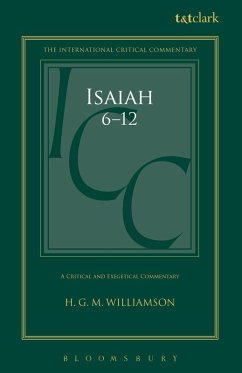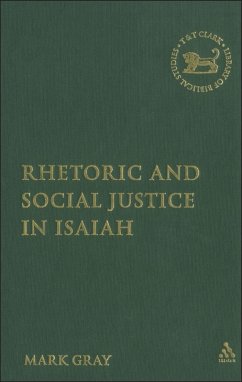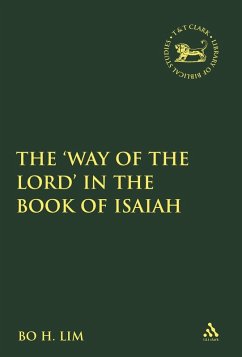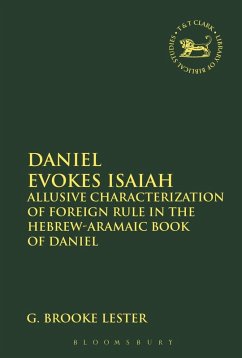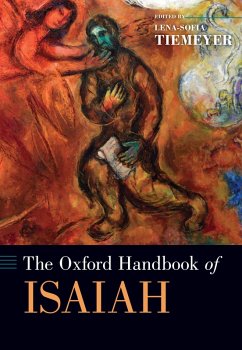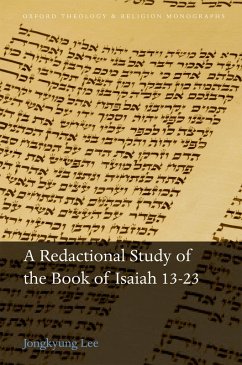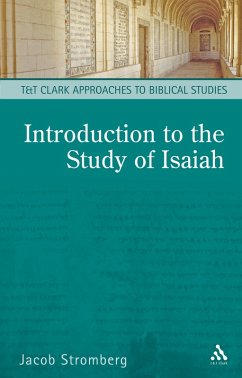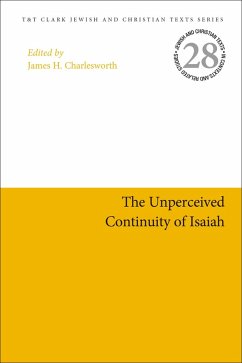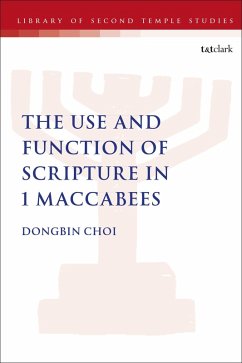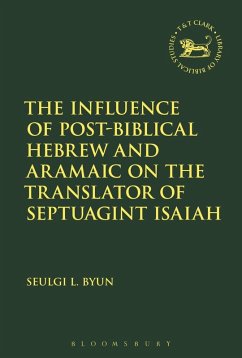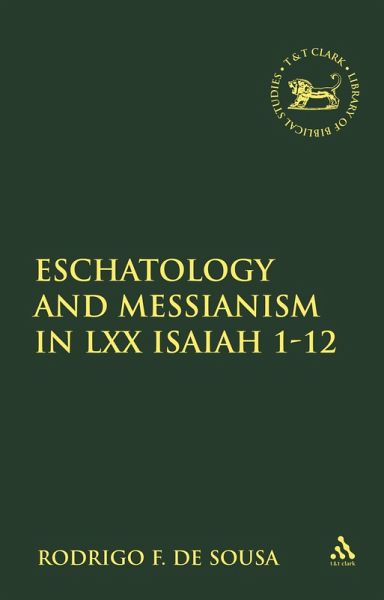
Eschatology and Messianism in LXX Isaiah 1-12 (eBook, PDF)

PAYBACK Punkte
15 °P sammeln!
This is an examination of the eschatological and messianic elements in the first twelve chapters of LXX Isaiah. The focus is on this section because it represents a discrete unit within the book and contains several pericopes which were significant in the development of early Jewish and Christian eschatological and messianic ideas.The first part of the book surveys the discussion of eschatology and messianism in LXX Isaiah and the outlines the issues involved. There is also a study of the book's translation technique, focusing on the question of contextual interpretation and actualization, and...
This is an examination of the eschatological and messianic elements in the first twelve chapters of LXX Isaiah. The focus is on this section because it represents a discrete unit within the book and contains several pericopes which were significant in the development of early Jewish and Christian eschatological and messianic ideas.The first part of the book surveys the discussion of eschatology and messianism in LXX Isaiah and the outlines the issues involved. There is also a study of the book's translation technique, focusing on the question of contextual interpretation and actualization, and attempting to identify the mechanism by which eschatological traditions are imprinted in the translation. In the second part, the author analyses the rendering of the well-known messianic oracles of LXX Isaiah 1-12, namely, 7:14-16, 9:5(6)-6(7), and 11:1-5. Besides the close exegetical analysis of the specific passages, there is also a study of their immediate context.This monograph suggests that the primary goal of the translator was to communicate the meaning of the text, as he understood it, rather than to make it the vehicle of his own ideology. A number of renderings that have been seen as theologically motivated could be explained simply on linguistic and co-textual grounds, and, while there is theological interpretation in individual cases, is not possible to identify any conscious systematization. In the light of this study, the eschatological and messianic hopes of the translator of LXX Isaiah 1-12 can be said to come only partly into view in his translation.




